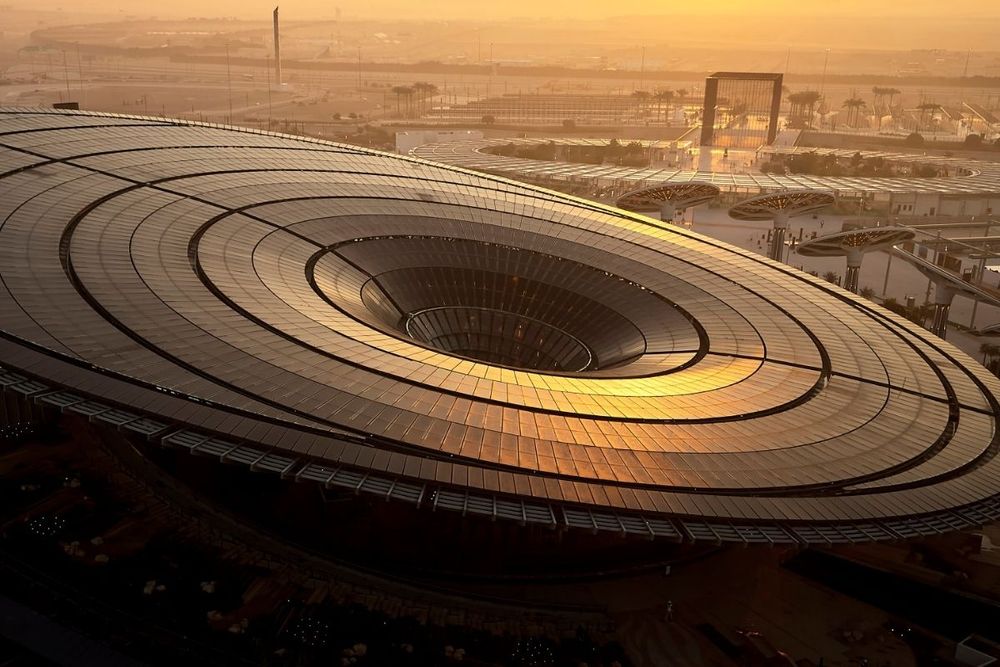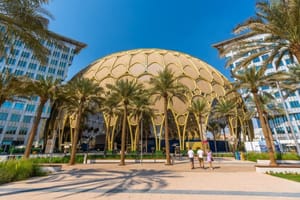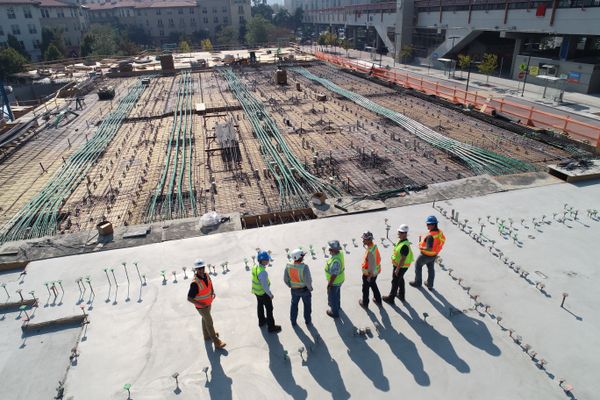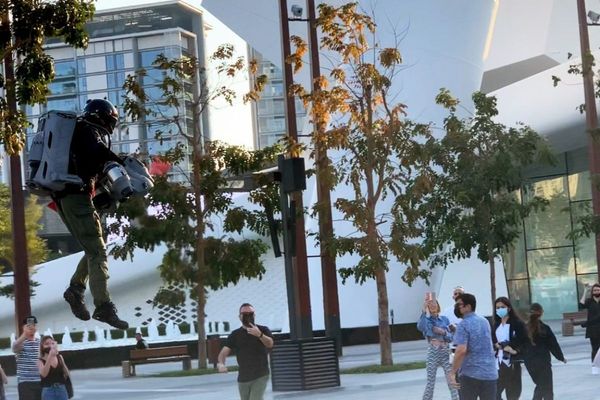Reducing food waste is the key to a brighter future for humans and the planet, panelists agreed at the World Majlis: The Value of Food session, held at Terra - The Sustainability Pavilion.
Thought-leaders, visionaries, and changemakers came together as part of Expo 2020 Dubai’s Food, Agriculture and Livelihoods Week to exchange ideas on how to make food supply chains more efficient, reduce waste and, in turn, tackle both obesity and starvation. Reducing food waste is a social, environmental and economic challenge that has a global impact, so must be addressed collectively, they concluded.
The Theme Week, running from 17-23 February, is highlighting potential food systems that are more productive, more inclusive of poor and marginalized populations, environmentally sustainable and resilient, as well as delivering healthy and nutritious diets for all.
Food loss and waste are responsible for an estimated 8 percent of global CO2 emissions, and the economic costs of food loss are estimated at USD400 billion per year, according to Sally Mousa, an international speaker and presenter in the UAE. One person in nine globally is undernourished, while as much as one-third of the total food on the planet is lost or wasted, she added.
Everyone involved in the food cycle - from production to consumption - must work together to restructure the system by which we get our food and reduce food loss and waste, Meiny Prins, CEO and Co-Owner, Priva, said.
Meiny Prins said,
"The way we produce food today has an impact on climate change, but also climate change is impacting the way we produce food. That one is going to give us a lot of tension in the coming decades. We have to realise that if we only have 20 years from now to make sure that billions of people will not be starving, we have to act very quickly."
Louise Nash, Founder and CEO, Circularity in New Zealand, said,
"The system we are operating in is inherently broken. When we have that amount of food waste coming out, something is wrong. What we propose is a radical redesign of it to work with nature, not against it, to think about how we enable the food, the nutrients, to flow in a circular fashion just like in nature. There is no waste in nature."
As part of the Programme for People and Planet, Food, Agriculture and Livelihoods Week is the ninth of 10 Theme Weeks held throughout the six months of Expo 2020 Dubai. The programme aims to serve as a platform for the exchange of inspiring new perspectives to address the greatest challenges and opportunities of our time.
News Source: Emirates News Agency









